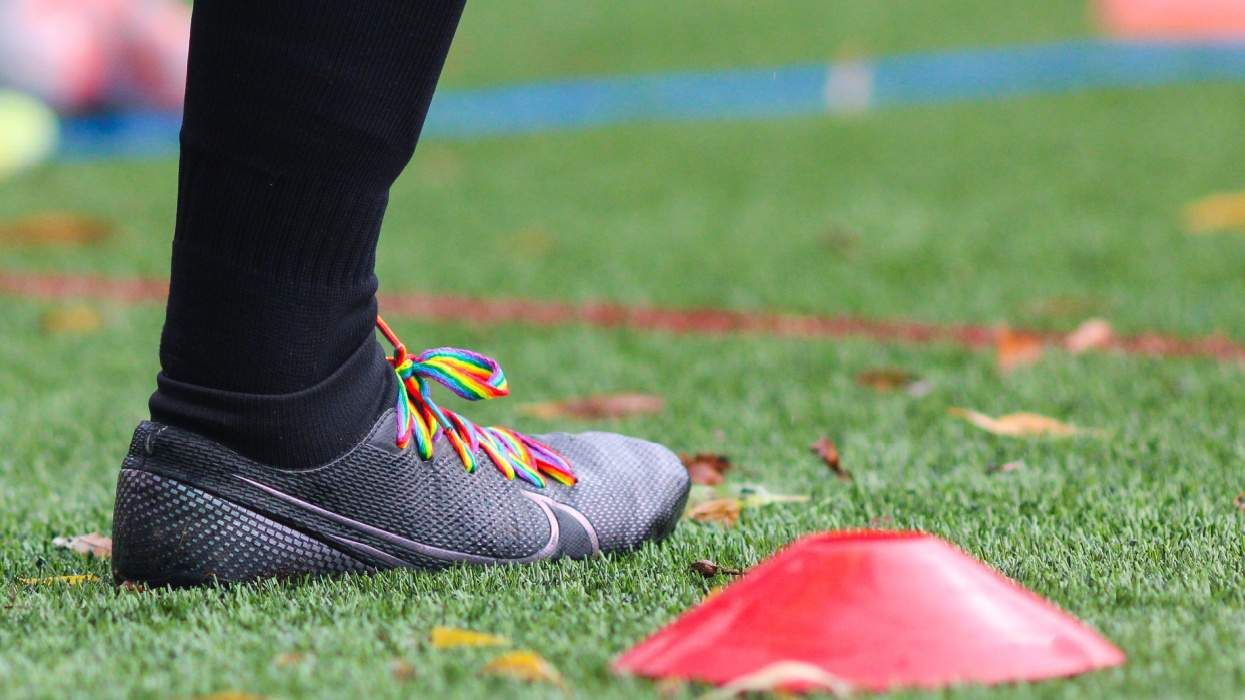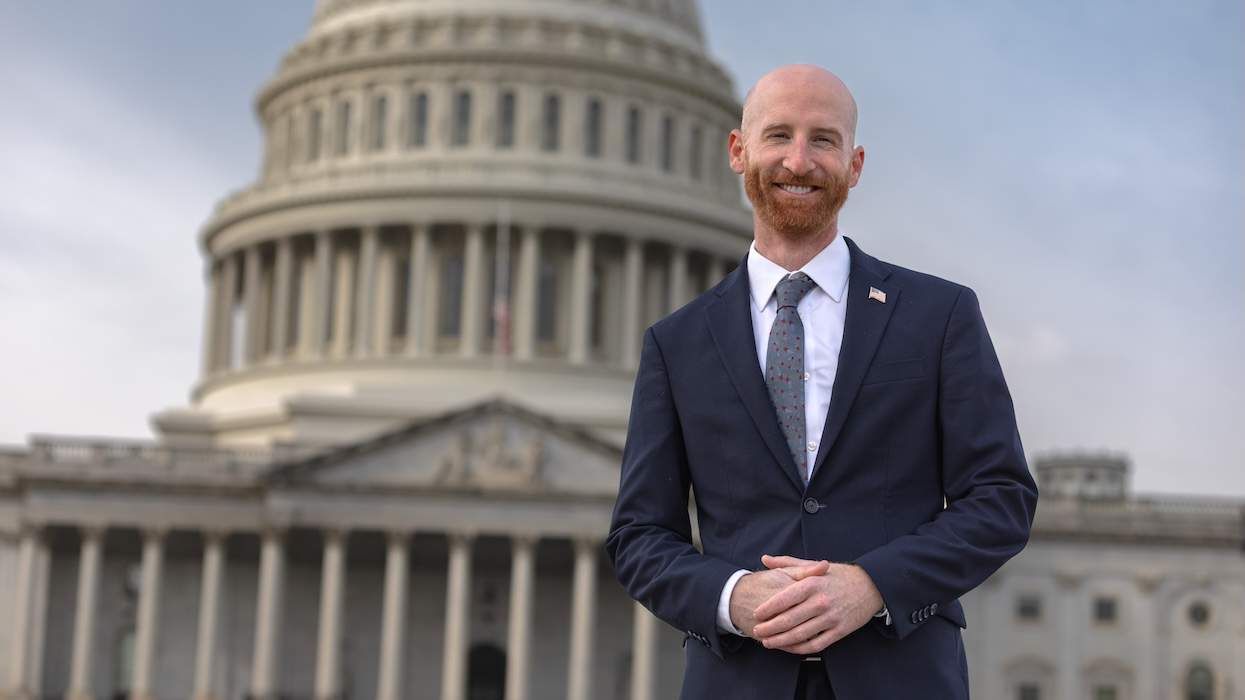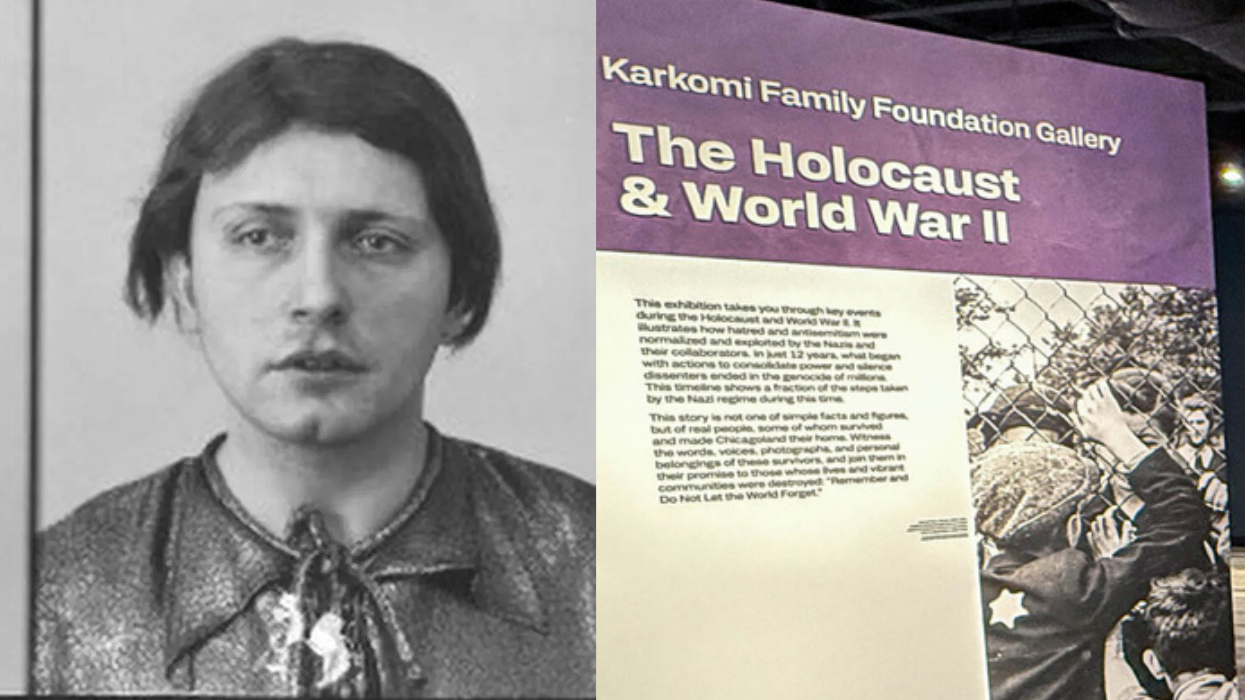CONTACTAbout UsCAREER OPPORTUNITIESADVERTISE WITH USPRIVACY POLICYPRIVACY PREFERENCESTERMS OF USELEGAL NOTICE
© 2025 Equal Entertainment LLC.
All Rights reserved
All Rights reserved
By continuing to use our site, you agree to our Privacy Policy and Terms of Use.
We need your help
Your support makes The Advocate's original LGBTQ+ reporting possible. Become a member today to help us continue this work.
Your support makes The Advocate's original LGBTQ+ reporting possible. Become a member today to help us continue this work.
A U.S.-led study concerning use of the anti-HIV drug Viread as a way to prevent sexually acquired HIV infections has run into opposition in Cameroon, where AIDS activists say the sex workers participating in the study are being victimized, Voice of America reports. Cameroon journalist Roger Taakam says the clinical trial came under fire last week when a French-produced TV documentary addressed the study and suggested that the lives of the sex workers were being put at risk. AIDS activists in the country also say the sex workers participating in the study were asked to sign a consent form in English that most of them didn't understand. "We are not sure that someone who wants to give his informed consent who wouldn't understand or read English could do so because the fact that we are bilingual doesn't mean all Cameroonians can speak and understand French and English," AIDS activist Calice Talom told Voice of America. AIDS activists also claim that the women in the study aren't being given proper counseling or condoms to protect them from HIV infection and that half of the study subjects are being given a placebo that offers no defense against the virus. Researchers in Cameroon say the study is being run according to strict ethical guidelines and that the sex workers are receiving HIV risk-reduction instruction. They also say the drug is being similarly tested in Atlanta and San Francisco among high-risk populations, including sexually active gay men. Cameroon's government is now reportedly reviewing whether the trial is following ethical guidelines established when it started in June 2004. The Viread trials are aiming to evaluate the effectiveness of the anti-HIV drug in preventing HIV infections when taken daily by high-risk groups. Animal studies showed that the medication, when taken before sexual exposure to HIV or up to 24 hours after exposure, can prevent the virus from taking hold in the body.
From our Sponsors
Most Popular
Bizarre Epstein files reference to Trump, Putin, and oral sex with ‘Bubba’ draws scrutiny in Congress
November 14 2025 4:08 PM
True
Jeffrey Epstein’s brother says the ‘Bubba’ mentioned in Trump oral sex email is not Bill Clinton
November 16 2025 9:15 AM
True
Watch Now: Pride Today
Latest Stories
Joe Biden says MAGA Republicans want to make LGBTQ+ people ‘into something scary’
December 05 2025 8:20 PM
'Finding Prince Charming's Chad Spodick dies at 42
December 05 2025 3:45 PM
Supreme Court to hear case on Trump order limiting birthright citizenship
December 05 2025 3:01 PM
Women gamers boycott global esports tournament over trans ban
December 05 2025 2:55 PM
Anti-LGBTQ+ hate crimes reached record-highs last year in this gay haven
December 05 2025 1:16 PM
Three lesbian attorneys general beating back Trumpism in court warn of marriage equality’s peril
December 05 2025 12:07 PM
Trump DOJ rolls back policies protecting LGBTQ+ inmates from sexual violence
December 05 2025 11:12 AM
Georgia law banning gender-affirming care for trans inmates struck down
December 05 2025 9:40 AM
Trending stories
Recommended Stories for You




































































Charlie Kirk DID say stoning gay people was the 'perfect law' — and these other heinous quotes